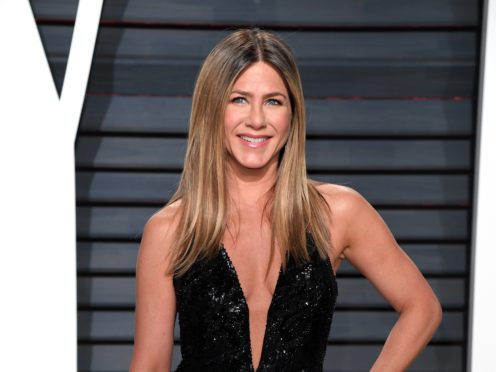Fans of beloved sitcom Friends are celebrating the show’s 25th anniversary.
Focusing on a group of six 20-somethings living in New York, Friends first aired on September 22, 1994 and by the time it left screens 10 years later was a pop culture phenomenon.
Its characters – Rachel Green (Jennifer Aniston), Monica Geller (Courteney Cox), Phoebe Buffay (Lisa Kudrow), Chandler Bing (Matthew Perry), Joey Tribbiani (Matt LeBlanc) and Ross Geller (David Schwimmer) – are among the best-loved in television history.
Somewhat unbelievably, Friends is arguably more popular today than it was during its tenth and final season, with its six stars reportedly earning 20 million US dollars (£16.1 million) a year through reruns alone.
When it emerged Netflix was in danger of losing the show from its streaming service late last year, an outcry from fans led the company to pay a reported nine-figure fee to keep it for another 12 months.
But why is the show – still – so popular?
Tom Nunan is a lecturer at the UCLA School of Theater, Film and Television, and was head of comedy at Fox’s TV division when creators Marta Kauffman, Kevin S Bright and David Crane were pitching the show.
At the time, Mr Nunan said Fox was looking for “out of the box” productions and passed on the project called Insomnia Cafe – an early title for Friends.
Instead, the sitcom was sold to NBC and “the rest is history”.
Mr Nunan, an executive producer on the 2006 Academy Award best picture-winning drama Crash, said Friends’s popularity can be put down to the fact it has characters viewers can fall in love with and storylines to make them laugh.
He compared Friends’s enduring success to that of The Beatles. He said: “You just don’t know how is it when a group of people come together and, if you forgive the expression, make beautiful music together, is that going to be for a generation or is it going to be for the ages?

“I think with The Beatles we can safely say it’s for the ages. It’s possible with Friends it’s the same thing.”
Friends presented an idealised picture of life for a 20-something in Manhattan, Mr Nunan said, noting the characters seldom fell ill or had serious financial worries.
And the show’s focus on friendship and family – Ross and Monica were brother and sister – further endeared it to audiences, according to Mr Nunan.
“If The Beatles’s songs were all about love, the Friends episodes were all about friendship and that’s really a powerful, universal thing,” he said.
“And it didn’t hurt that it was a brother and sister at the heart of it. Which a lot of people forgot about, that they’re brother and sister. But that family connection made a big difference.”
While TV and movie studios have never relied more heavily on sequels, remakes and reboots, Mr Nunan doubts Friends will ever make a return, with the age of the actors – who are all now middle-aged – a factor.
And he believes only a one-off live event, perhaps sporting or an awards show, has the power to bring people together in the same way Friends did.
He added: “Otherwise just another sitcom, another drama, is that really going to stop the world again? I doubt it.”
